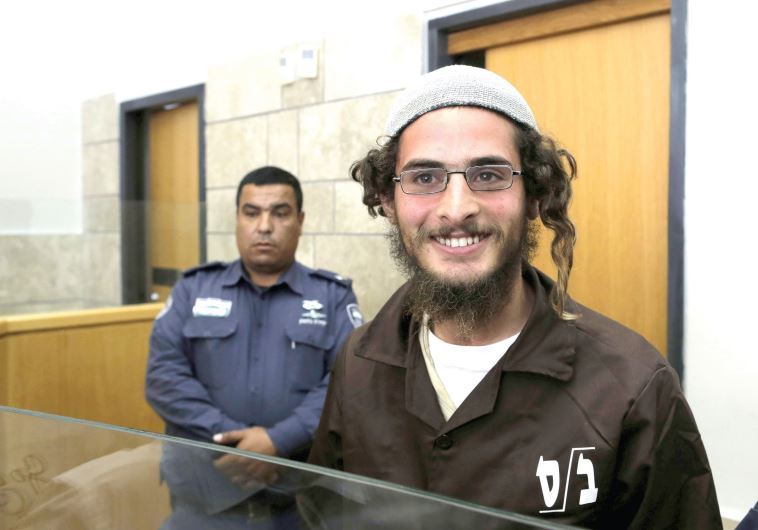Analysis: Tackling Jewish terror
The country’s leaders are realizing that unpunished settler rampages are compromising Israel’s international standing.
 Meir Ettinger attends a remand hearing at the Magistrate’s Court in Nazareth.(photo credit: AMMAR AWAD / REUTERS)
Meir Ettinger attends a remand hearing at the Magistrate’s Court in Nazareth.(photo credit: AMMAR AWAD / REUTERS)